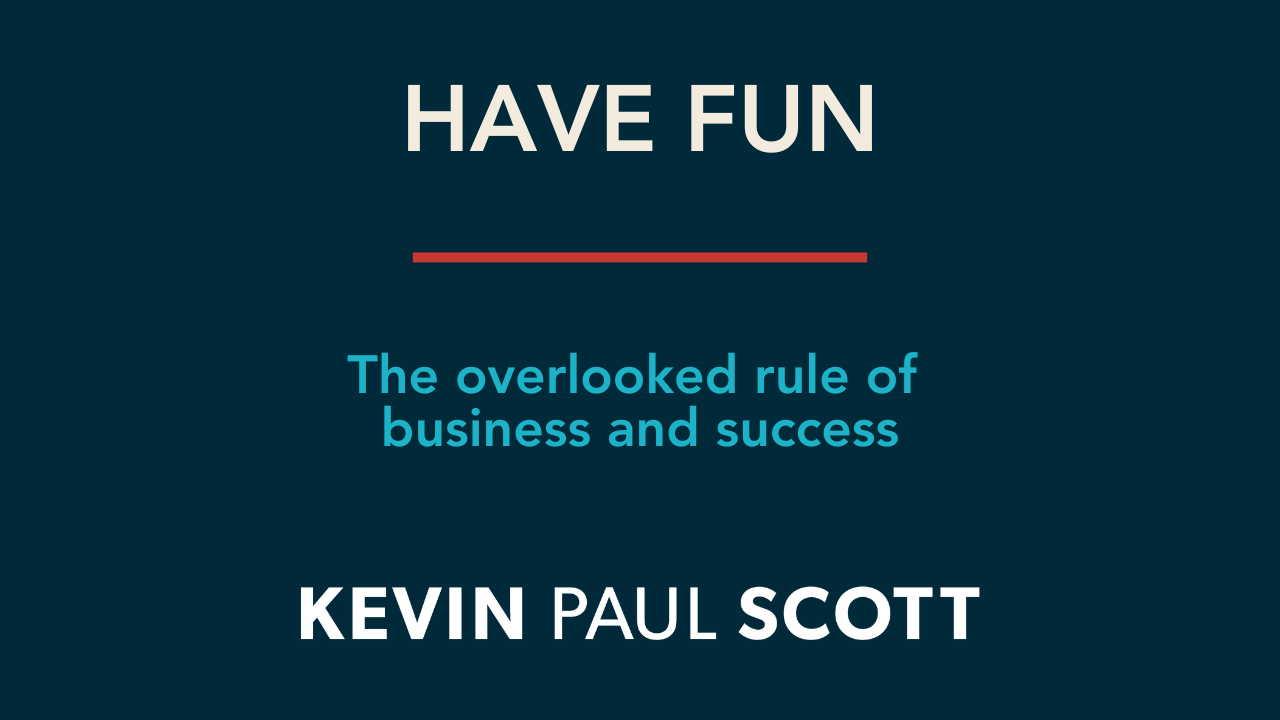Personally, I’m very excited about family changes in the next couple of weeks, as we’re expecting the arrival of our second child any day now. But I’m also excited about a professional accomplishment. For the second year in a row, out of all of the small businesses in Atlanta, ADDO was named the #1 Best Place to Work! This award is far more special to me than most others.
Here’s the truth: many business awards are based on how well your application was written or if you have a political connection with a member of the selection committee. The Best Places to Work awards are different. These are decided after a third-party organization conducts anonymous surveys of all employees in your business, and then makes the section based on objective and quantifiable metrics. After we won this award last year, I told you that one of the keys to our company culture at ADDO is that we don’t buy cheap toilet paper. In other words, we invest in the small things that show our team we care about them.
Today, I want to share three tactics we’ve focused on during this COVID season that helped make ADDO the best place to work in Atlanta in 2020. These principles will help any person trying to create a positive culture on any team—for your company, for your church, for your community, or even for your family.
1. Transparency:
Many leaders focus only on positivity painting a picture of a brighter future. While those elements are essential, they only help after a leader has defined reality. Said another way, you’ve got to be honest about the situation.
When the pandemic hit, we gathered our team, talked about our financial position, outlined the worst case scenario, and discussed “if this, then that” situations. Too many leaders are afraid of transparency. They are afraid that if they share too much that it will backfire on them. They fear that if the budget is tight, people may grow anxious. Or they worry that in a season of plenty people may feel entitled to a bigger piece of the pie. It’s not that there aren’t potential pitfalls of being transparent. But the benefits to your culture far outweigh the risks. Transparency builds trust, and trust is crucial to healthy culture.
Transparency builds trust.
2. Support:
During this unique season, we explored ways to support each of our team members in a personalized way. As a small organization, I understand it’s easier for us to do this well. The larger the organization, the more challenging it is to support individuals in a personal way. But the reality remains that different people need different things.
For each of our full-time employees, we provide a flexible spending benefit they can put toward what they uniquely need—healthcare, childcare, professional development, or an opportunity to give to a charity they care about. But there are other ways to care for your team members. If you’ve ever had more than one kid, you know your children are different and, therefore, need a different kind of care. Some need words of affirmation while others need more direction. The same is true of different people on your team.
3. Purpose:
This year, we’ve intentionally reminded our team why we do what we do as often as we can. During COVID, a lot of companies threw culture out the window, but at ADDO, we doubled down on it. In times of crisis, culture matters more, not less. When your family faces tragedy, you have to dig in rather than pull back. When your church walks through a tough season, it’s important to remind your members why you exist and what you’re working toward. When your business hits another obstacle, it’s even more important to connect your team’s work to its larger purpose.
In times of crisis, culture matters more, not less.
If this COVID season has distracted you from building a positive culture, it’s time to reorient your focus on what matters. You might be surprised to find that spending more time investing in your team members often increases performance and impacts your company’s bottom line.

























.svg)




